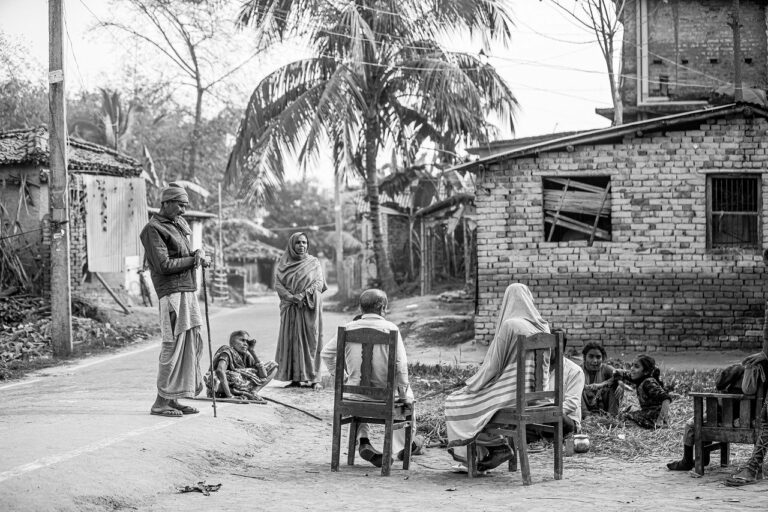The Role of Political Debates in Shaping Voter Opinion
Political debates have long been a crucial part of the democratic process, providing voters with an opportunity to hear directly from candidates and compare their policies, ideas, and values. These debates serve as a platform for candidates to showcase their knowledge, leadership qualities, and communication skills while allowing voters to evaluate their platform and make an informed decision on who to support. In this article, we will explore the significance of political debates in shaping voter opinion and influencing election outcomes.
Importance of Political Debates
1. Informing Voters: Political debates offer voters a chance to hear directly from candidates on key issues facing the country. Candidates have the opportunity to present their views on various policy matters, such as healthcare, immigration, and national security, allowing voters to compare and contrast their positions.
2. Evaluating Candidates: Debates provide voters with a glimpse into the character, temperament, and preparedness of candidates. How candidates handle tough questions, address criticisms, and interact with their opponents can give voters valuable insights into their suitability for office.
3. Setting the Agenda: Political debates can shape the national conversation by highlighting important issues and setting the agenda for the campaign. Through their responses and policy proposals, candidates can influence public opinion and direct attention to specific topics.
Effectiveness of Political Debates
1. Changing Minds: While debates may not always sway die-hard supporters, they can be influential in persuading undecided voters. A strong debate performance can help boost a candidate’s favorability ratings and attract new supporters.
2. Generating Media Coverage: Political debates often receive extensive media coverage, reaching a wide audience beyond those who tune in to watch the event live. This coverage can amplify a candidate’s message and increase their visibility among voters.
3. Creating Memorable Moments: Memorable moments from debates, such as a candidate’s gaffe or standout performance, can have a lasting impact on voter perception. These moments can shape the narrative of the campaign and influence voter opinion in the days and weeks following the debate.
Challenges of Political Debates
1. Bias and Partisanship: Critics argue that debates can be influenced by bias and partisanship, with moderators, questions, and format favoring one candidate over another. This can undermine the fairness and integrity of the debate process.
2. Superficiality: Some detractors claim that debates prioritize style over substance, focusing on soundbites, zingers, and theatrics rather than in-depth policy discussions. This can lead to a lack of meaningful engagement with important issues.
3. Overemphasis on Performance: Political debates can place too much emphasis on candidates’ performance skills, such as public speaking and charisma, rather than their qualifications, experience, and ability to govern effectively. This can distract from substantive policy debates.
Conclusion
Political debates play a crucial role in shaping voter opinion and influencing election outcomes. By providing voters with a platform to hear directly from candidates, compare their policies, and evaluate their character, debates help inform the democratic process. While debates can be influential in changing minds and setting the agenda, they also face challenges such as bias, superficiality, and an overemphasis on performance. As voters navigate the crowded landscape of political discourse, it is essential to critically evaluate debate performances and look beyond the theatrics to make an informed decision at the ballot box.
FAQs
1. Why are political debates important?
Political debates are important because they provide voters with an opportunity to hear directly from candidates, compare their policies, and evaluate their character and leadership qualities. Debates help inform voters’ decisions and shape the national conversation during the campaign.
2. Do political debates influence election outcomes?
Political debates can influence election outcomes by changing minds, generating media coverage, and creating memorable moments that impact voter perception. While debates may not always sway die-hard supporters, they can be influential in persuading undecided voters and shaping the narrative of the campaign.
3. What are the challenges of political debates?
Challenges of political debates include bias and partisanship, superficiality, and an overemphasis on performance. Critics argue that debates can be influenced by bias, prioritize style over substance, and distract from meaningful policy discussions. It is important for voters to critically evaluate debate performances and look beyond the theatrics to make an informed decision at the ballot box.







